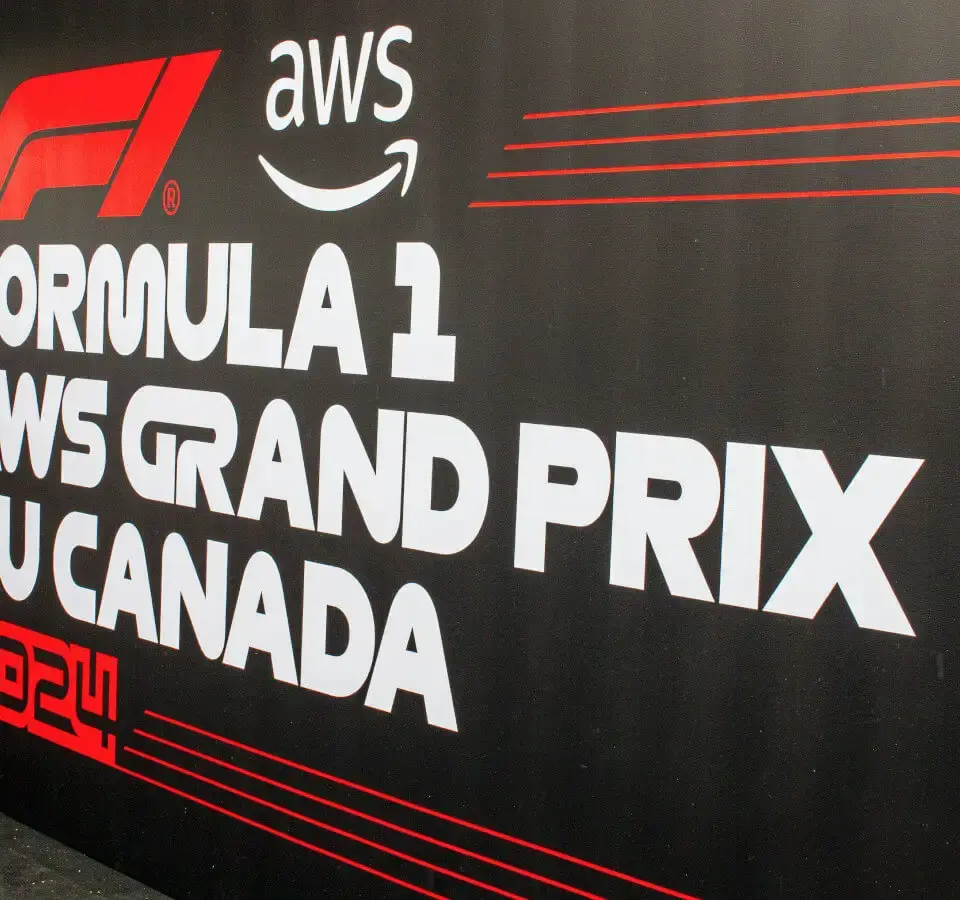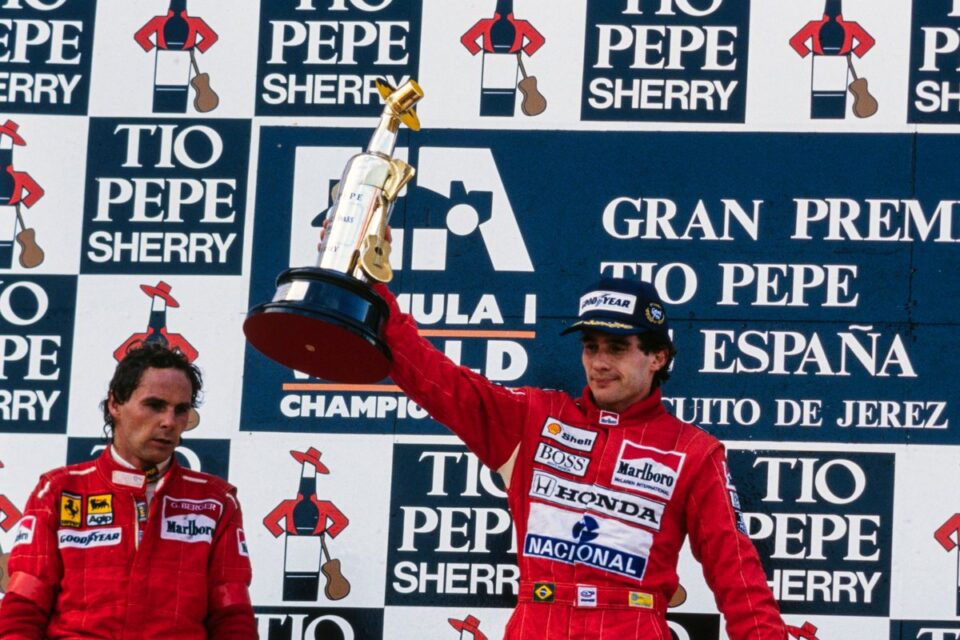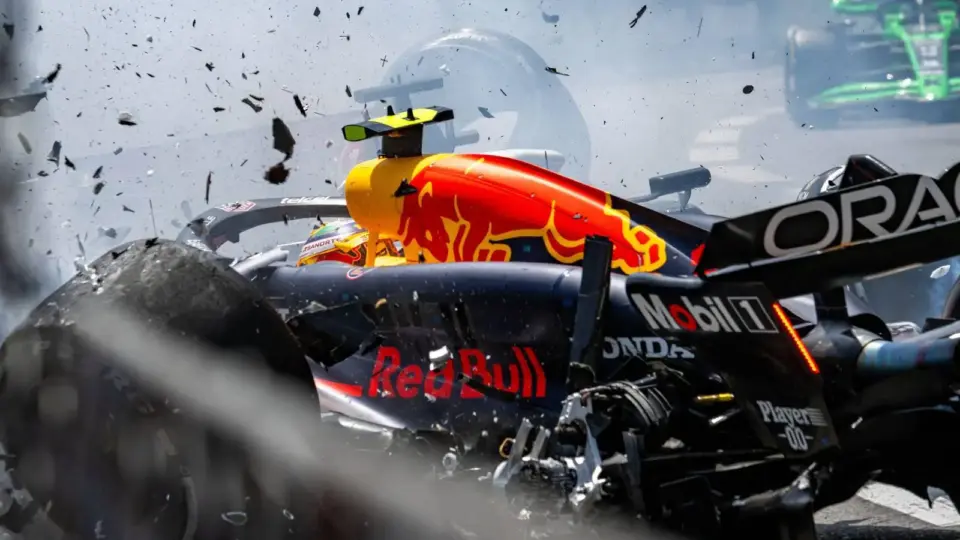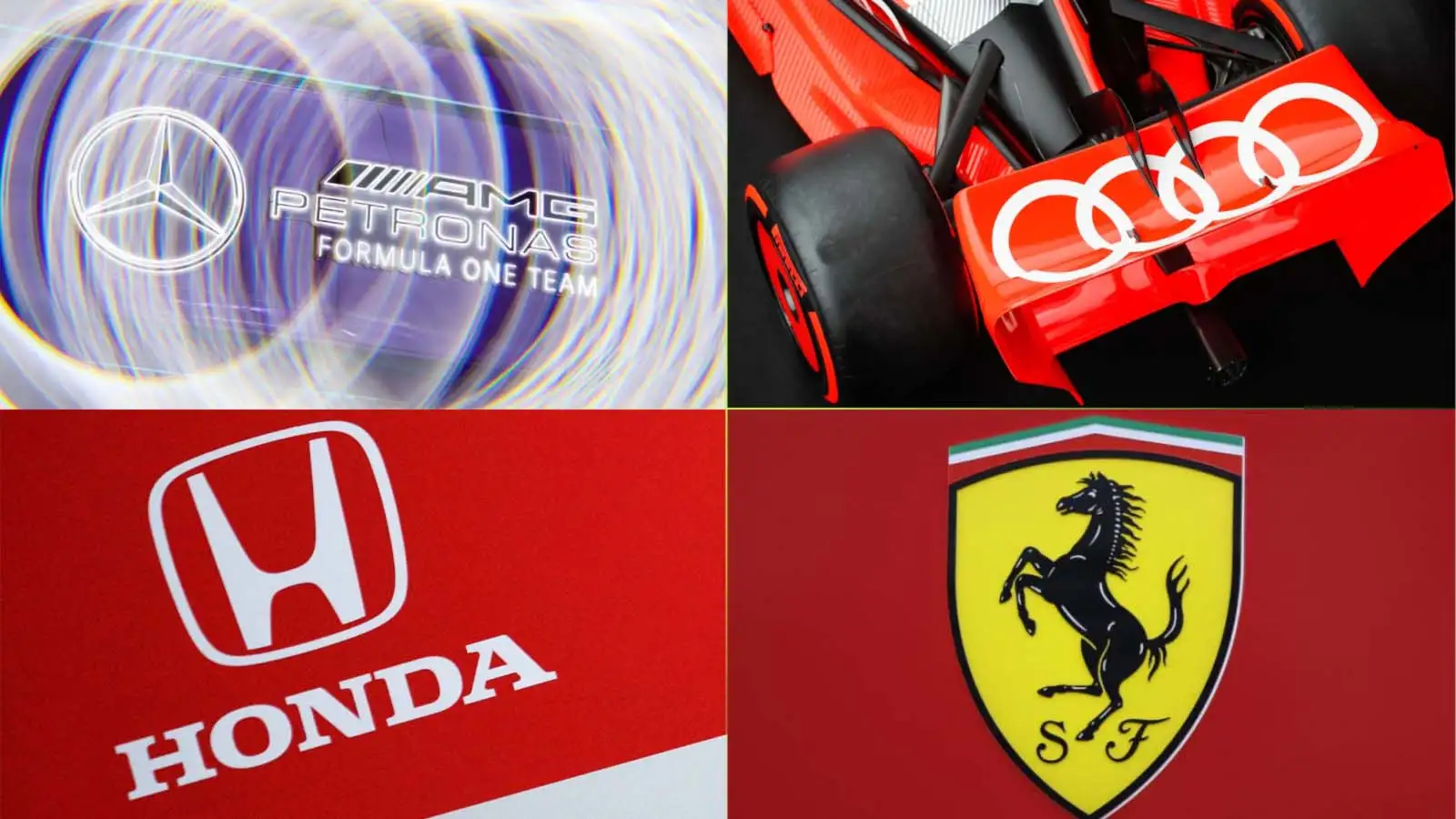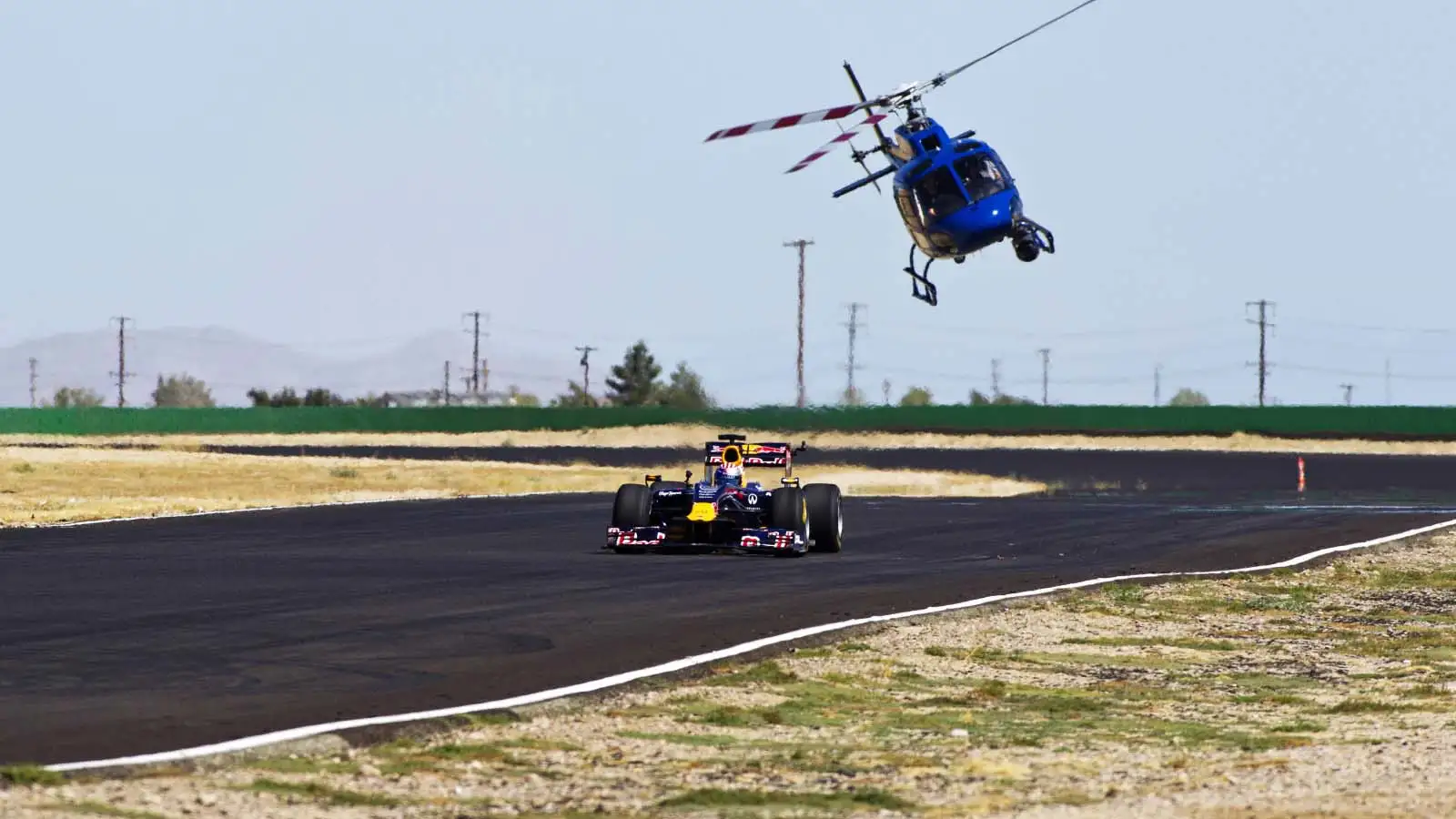Circuit Gilles Villeneuve has just unveiled 13 major changes since Max Verstappen’s win last year, right in time for the Canadian Grand Prix weekend.
Known for its thrilling races and iconic moments, Circuit Gilles Villeneuve in Montreal has been a staple on the Formula 1 calendar for almost 40 years. This year, the circuit has undergone a significant transformation with 13 changes aimed at enhancing both the safety and the racing experience.
The entire track has been resurfaced, and all kerbs have been replaced with new ones of the same specifications. One of the more notable adjustments is the resurfacing and lowering of the track between Turns 7 and 8, which aims to improve clearance under the Concorde Bridge to a minimum of 4.0 meters.
There are also changes to the pit exit, with the opening before Turn 2 on the left-hand side moved a few meters downstream. The access roads into Turns 5 and 7 have been asphalted, and the run-off at Turn 8 has been rebuilt with both asphalt and grass, alongside the realignment of the walls.
In an effort to ensure consistency, the grass behind the kerbs in Turns 1, 3, and 6 has been replaced with concrete. All walls have been adjusted to a consistent height of 1.0 meter, and the walls at the pit exit on the left-hand side have also been realigned.
Safety measures have been upgraded with the debris fence on the left-hand side after Turn 11 being raised to 3.5 meters. Additionally, all TSPs (Track Safety Posts) now meet a minimum height requirement of 2.5 meters.
Some of the white lines on the track have been moved for better alignment. Specifically, the white lines between Turns 2 and 3, and Turns 7 and 8 on the left-hand side, have been moved closer to the walls, now just 1.8 meters away.
FIA race director Niels Wittich laid out these changes in his pre-race notes, adding specifics about track limits that will be monitored. ‘In accordance with the provisions of Article 33.3, the white lines define the track edges. During Qualifying and the Race, each time a driver fails to negotiate with the track limits, this will result in that lap time being invalidated by the Stewards.’
Wittich continued, ‘Any driver who fails to negotiate Turn 9 or Turn 14 and passes completely to the left of the orange apex kerb must keep completely to the left of the orange block/bollard on the exit of the corner and re-join the track at the far end of the asphalt run-off. Any driver who fails to negotiate with Turn 1 should re-join the track at the far end of the asphalt run-off at the entry of Turn 2.’
With these extensive changes, the Canadian Grand Prix at Circuit Gilles Villeneuve promises to deliver an exciting and safer racing experience. Fans and drivers alike will be eager to see how these alterations impact the dynamics of this legendary track.
Source: Planetf1
